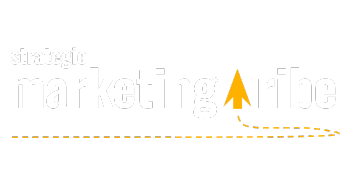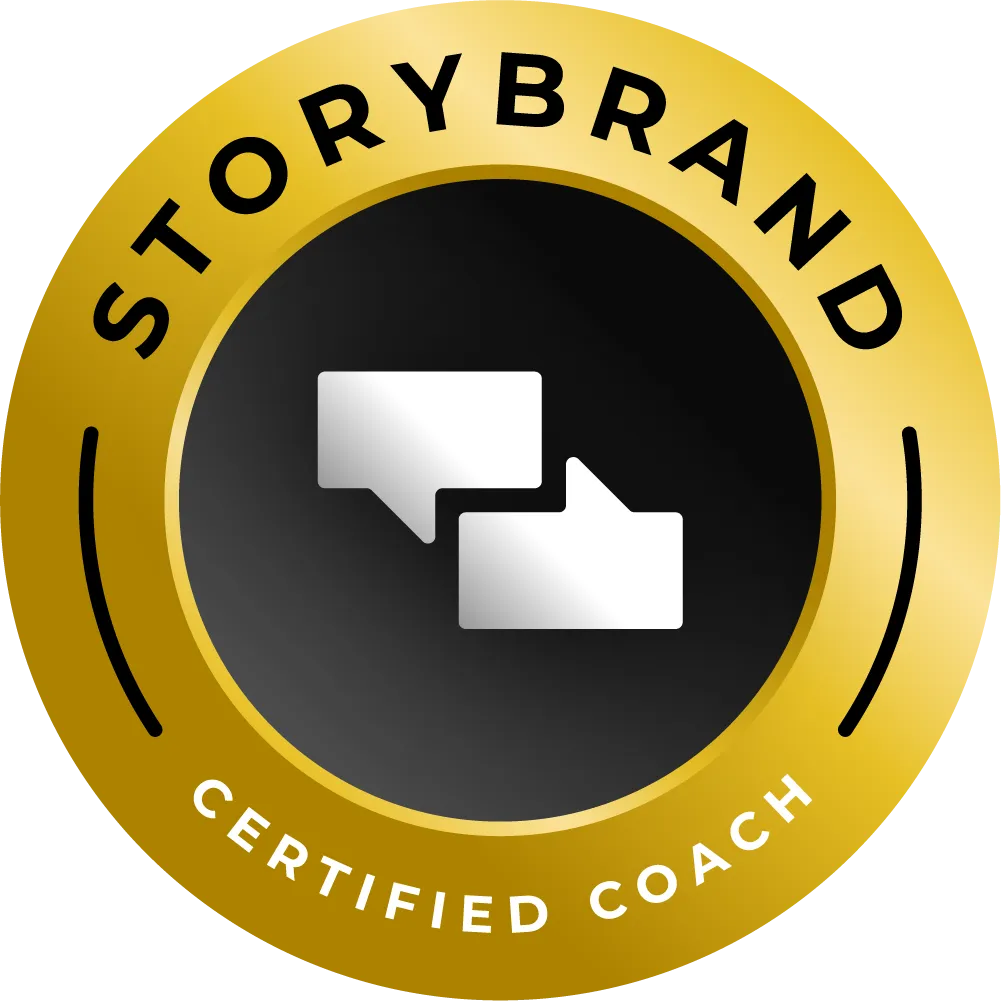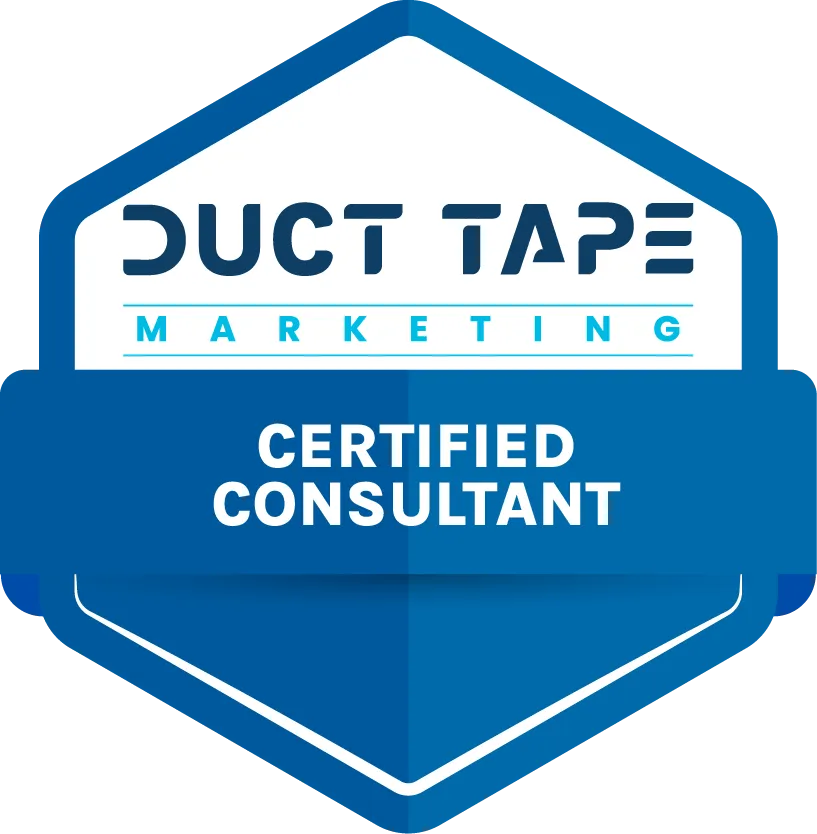NEWS, MEET STRATEGY
Real news, real insights – for small businesses who want to understand what’s happening and why it matters.

AI Actually Sucks At Your Job—Just Ask LinkedIn
By Vicky Sidler | Published 4 October 2025 at 12:00 GMT+2
Turns out, no one wants a robot writing their LinkedIn posts. Not even LinkedIn.
According to expert Joe Procopio, LinkedIn’s much-hyped AI writing assistant has fallen flat. And they’re not alone. Over the past few months, tech companies like Anthropic and Ramp have started walking back their grand AI content plans. Because when your AI starts “helping” with public posts that are meant to build trust and credibility, things get awkward. Fast.
Let’s break down what happened, what it means, and what you should do instead.
TL;DR:
LinkedIn’s AI assistant had low adoption because no one wants to risk their reputation on AI
Your LinkedIn feed is your new résumé
If AI makes you sound fake, you lose trust
Use AI as a tool, not a replacement
People don’t follow robots. They follow people
👉 Need help getting your message right? Download the 5-Minute Marketing Fix
Table of Contents:
AI Actually Sucks At Your Job—Just Ask LinkedIn
AI Thought Leadership? No Thanks:
AI Can Help, But You Still Have to Show Up:
1. AI Marketing Trust Gap Widens as Consumers Push Back
2. AI Customer Service Is Broken. Here's What to Fix
3. Most People Can't Spot AI Ads—Why That Matters for Your Brand
4. LinkedIn is removing tools like Apollo and Evaboot for scraping data
5. AI Replacing Humans Backfires—What CEOs Miss
FAQs on AI Writing Tools and Professional Credibility
1. Why didn’t LinkedIn’s AI writing assistant take off?
2. What’s the danger in using AI to write LinkedIn posts?
3. Is it safe to use AI in my marketing at all?
4. Why does LinkedIn matter so much for small business owners?
5. What’s a better way to save time on content than using AI to write everything?
AI Thought Leadership? No Thanks:
LinkedIn’s CEO admitted that their AI writing assistant didn’t catch on. That’s not just a failed feature. It’s a red flag.
Because if you’ve been told to “just let AI write it” to save time, you’re not alone. But here’s the thing. No one wants their professional reputation tied to content that sounds like it was spat out of a word blender.
People might forgive a typo. They won’t forgive sounding like a generic buzzword robot.
Your Feed Is the New Résumé:
This isn’t about AI polishing your résumé. It’s about AI trying to polish your personal brand. And people aren’t buying it.
LinkedIn isn’t a job board anymore. It’s a stage. And how you show up in the feed matters more than what’s buried in a PDF. Every post, comment, or article is a signal. Is this person thoughtful? Reliable? Worth working with?
If AI takes over your feed, you’re basically putting your reputation on auto-pilot.
The Risk Is Real:
LinkedIn’s CEO said it best. If you get called out on X or TikTok, it’s embarrassing. If you get called out on LinkedIn, it can wreck your career.
Why? Because LinkedIn is where potential clients, investors, and employers go to size you up. If you sound fake or clueless, you lose opportunities before you even know they existed.
Now imagine that’s because your AI tool made a weird joke about your last job or called your product a “solutioneering ecosystem.”
Be the Voice, Not the Tool:
Let’s be clear. I’m not anti-AI. I use it daily. But I use it like a kitchen appliance. It helps with prep. It doesn’t host the dinner party.
If you hand over your voice to an AI, you lose the thing that builds trust: your tone, your stories, your weird little phrasing that makes you human.
Especially in service businesses, your personality is part of the product. Clients don’t hire generic. They hire you.
AI Can Help, But You Still Have to Show Up:
AI is great for outlines, ideas, and fixing grammar. But if you want to be trusted, you still have to put yourself into the message.
Otherwise, you’re just another echo in the noise.
That’s why I created the 5-Minute Marketing Fix to help you write one clear sentence that sets the tone for everything: a one-liner that makes people stop scrolling and think, “Finally. Someone who gets me.”
Because if your LinkedIn feed is now your business card, your pitch, and your proof of credibility, you want to make sure it actually sounds like you.
Related Articles:
Here is the Related Posts section written in the required format and tone, using your curated list and motivations:
Related Articles
1. AI Marketing Trust Gap Widens as Consumers Push Back
If you’re wondering why no one trusts AI to write their LinkedIn posts, this article explains why most consumers don’t even trust AI with their data. It gives the bigger picture behind the credibility crisis.
2. AI Customer Service Is Broken. Here's What to Fix
You’ve seen how AI flops at personal branding. Now see how it frustrates real customers too. This article breaks down how brands like Klarna had to backtrack after relying too heavily on AI support.
3. Most People Can't Spot AI Ads—Why That Matters for Your Brand
Just because people can’t tell something is AI doesn’t mean they trust it. This article dives into why invisible AI still feels off when it’s not matched with a strong, authentic message.
4. LinkedIn is removing tools like Apollo and Evaboot for scraping data
While AI-generated posts are flopping, LinkedIn is also cracking down on other forms of automation. This post gives context on why the platform is tightening up and where your content strategy fits.
5. AI Replacing Humans Backfires—What CEOs Miss
Think AI can replace human effort in marketing? This article walks through real examples where companies tried—and failed. The takeaway: AI might save time, but it can’t replace trust.
FAQs on AI Writing Tools and Professional Credibility
1. Why didn’t LinkedIn’s AI writing assistant take off?
Because people don’t want AI managing their professional voice. Users saw the risk of sounding fake or robotic as too high, especially on a platform where reputation matters.
2. What’s the danger in using AI to write LinkedIn posts?
If your content feels inauthentic or generic, it can damage trust. LinkedIn posts are public signals of credibility, and AI mistakes can cost real opportunities.
3. Is it safe to use AI in my marketing at all?
Yes—but only as a support tool. Use it for drafts, structure, or proofreading. Don’t hand over your tone, message, or brand personality.
4. Why does LinkedIn matter so much for small business owners?
Your feed is now your résumé. Clients and collaborators are judging your posts long before they book a call. Authenticity builds trust faster than slick wording.
5. What’s a better way to save time on content than using AI to write everything?
Start with a one-liner that anchors all your content. When your message is clear, AI can help speed things up—without diluting your voice.
👉 Download the5-Minute Marketing Fix to write yours today.
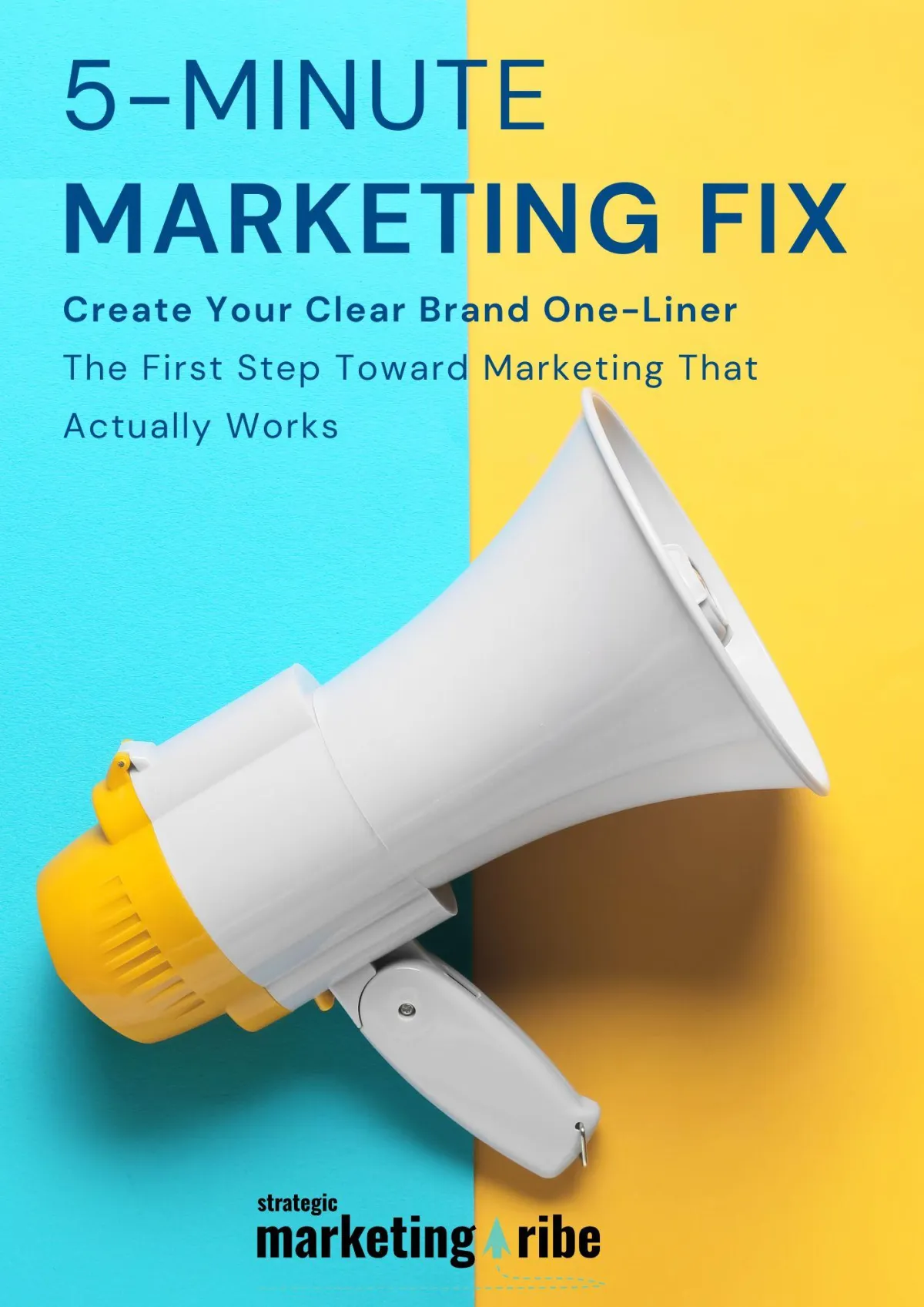
Created with clarity (and coffee)

